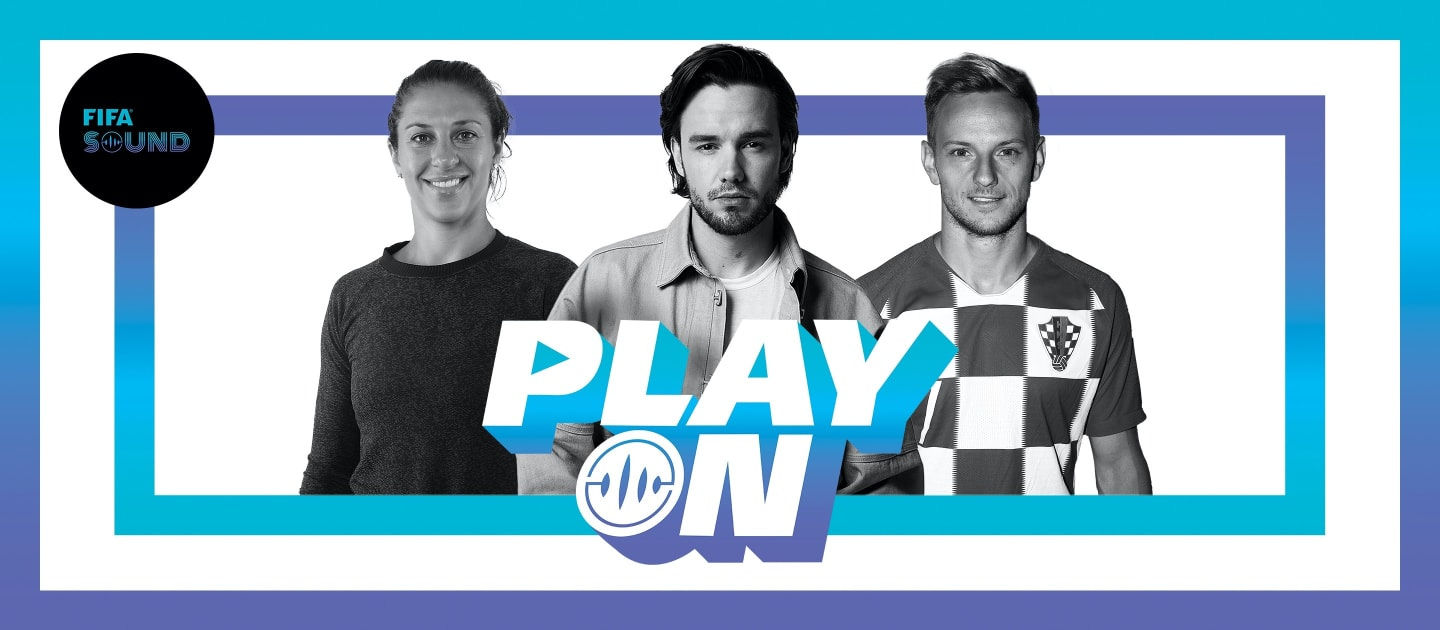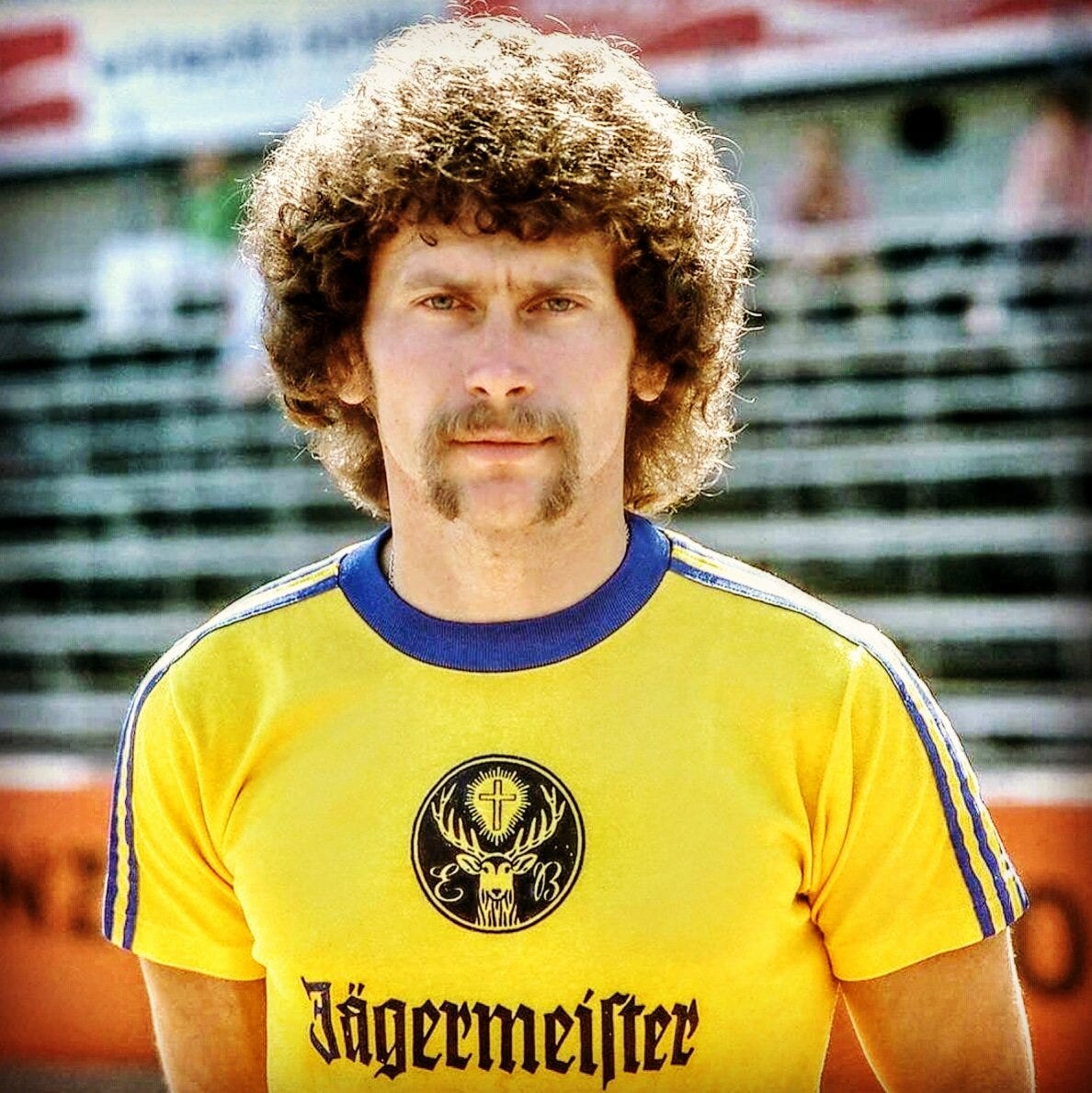Tl;dr
Money Talks: How to buy an NBA franchise
Dyal M for Money
Where does Clubhouse fit in?
A social audio taxonomy
UP Coming: FIFA Sound and the near future of sport’s audio strategy
Advice of the week
Personal Best: Amar Singh, Budweiser
Sportsbiz Objects No.7 Kettering Town’s shirt
An Unofficial Idiot’s Guide to Buying an NBA Franchise
Click the pic to hear the podcast with guests Rob Tilliss, CEO of Inner Circle Sports and Michael Broughton of Acceleration Capital.
There are two types of NBA owner* - Billionaire Owners and Minority Partners.
Pro sport is fuelled by the ego of billionaires. Men - always men - who have made or inherited a fortune often via some tedious career in computer servers or waste paper. They reach 45 and hear the siren call from atop Maslow’s mystical pyramid. So owning an NBA franchise is a proxy for sex, or what Adam Silver calls ‘ownership accoutrements’, which is an accountant’s word for intangibles.
Minority Partners have less proxy sex than the BO, but all the frisson of downside risk.
* Btw, Adam Silver has a problem with the word ‘owner’ because of its slavery connotations. The NBA’s black players being owned by a rich white man doesn’t play well in the BLM era.
Watch this Dyal
Dyal Capital Partners is a significant case study as sport’s relationship with private equity evolves. The agreement with the league means it’s the vehicle through which the NBA can take a cut of transaction management fees and investment profits from the market activity building up around franchises. Arctos Sports Partners is seeking a similar arrangement.
Poacher AND Gamekeeper
Dyal can also buy team stakes. Dyal Capital is creating a $2billion SPAC with another asset manager (Owl Rock Capital) called Blue Owl Capital Inc which is allowed to invest in more than five franchises.
A layer of bureaucracy or a necessary control mechanism?
No SPAC or external fund is allowed to own more than 20% of a franchise, and no fund is allowed to own stakes in more than five franchises. Except Dyal…
Remember the one immutable law of the sports business: The public numbers are always wrong
Is the average price of an NBA franchise really pushing $2billion?
‘South of that’, says Rob Tilliss, CEO of Inner Circle Sports.
Does the Premier League need a Dyal?
Dyal’s role is emblematic of the basic difference between US and European sports investment. It’s about central control, acting as the league’s pinch point between the 32 NBA franchises and the Wild West: the hundreds of SPACs, private equity firms, institutional investors, drunk lottery winners, hedge fund gangsters and sports washing petro-dictators who want in on the walled garden of major league sports franchise ownership.
Economics is psychology with graphs
Illiquidity is a headfuck.
As the price of an asset rises, so the number of people with enough money to buy it diminishes. Your house is only worth something if there’s plenty of people out there who can afford to buy it at your valuation, even if you’re not selling.
A catflap in to the walled garden
Minority partnerships act as a release valve in the market by lowering the point of entry in to league ownership, because there are more investors who can afford 5% stakes in teams than there are billionaires who crave proxy sex. It also opens up the market for financial consultants to earn fees and commissions on deals, and is another reason there’s so much noise around NBA franchises currently.
Listen to the full Money Talks podcast here
Where does Clubhouse fit in?
I’ve become slightly obsessed with Clubhouse, where you’ll find me @unofficialprtnr, trying to get in to Elon Musk’s room.
Of course, Clubhouse might be just another shiny new thing. This year’s Meerkat.
The only social-networking moment I can compare it to in recent years would be the 2015 South by Southwest festival, when the streets of Austin were briefly overrun by people broadcasting themselves on Meerkat. Then, as now, the once-stable field of social networks hummed with a fresh sense of possibility.
Much of the current Clubhouse content is deeply irritating. If Linkedin could talk it would sound like a Clubhouse public room, full of wannabe business influencers who make Apprentice candidates sound like David Attenborough.
But it’ll evolve.
More interesting is where audio is going generally. This is how Andreesen Horowitz, the VC behind Clubhouse views the market.
Will Clubhouse kill podcasts?
Nope.
But it offers something extra to them.
On a personal note, we’ve been weighing up where to take the UP podcasts for a while now.
The pandemic has opened up some white space in the media and event market around the sports biz.
Live. Short form. Paid private rooms. Alternative commentaries to conferences, events, awards…like Discord, Clubhouse is an easy route to new formats.
Yes, there are ways of doing all these things on other platforms. But it’s hard slog, expecting too much of an audience to swap between countless different apps.
So we’ll wait and see, but I do think something is shifting.
This is a nice chart, again from Andreesen Horowitz.
F1 Rocks seemed a good idea until I saw Bernie Ecclestone dancing
FIFA Sound is the governing body’s new entry in to sportainment, a word that began appearing in thought leadership white papers around 2003. Early iterations saw tournament organisers seek to broaden their audience by adding a live music act; Come for Middlesex v Leicestershire, stay for Little Mix.
FIFA Sound takes Universal Music’s talent roster and aims it at football fans via the medium of Liam Payne off of One Direction.
On this week’s podcast, I ask Sophie Hind of Voiceworks.ai and Charlie Beall of Seven League to unpick FIFA’s strategy as a way in to a broader conversation about how rights owners can bring audio in to their digital and commercial plans, via voice commerce, Alexa Skills, podcasts, short form content and yes, Clubhouse.
UP Coming: Get the podcast tomorrow, by searching ‘Unofficial Partner’ in your favourite app, or go via Apple Podcasts, Google, Spotify, Stitcher and all other major pod platforms.
Advice of the week
How to negotiate with China

Personal Best
Sports biz people list their favourite things
Sachin, Serena, Gladwell, Kanye, Klopp and Fry: who wouldn't want to be around that table?
Sportsbiz Objects
No.7 Kettering Town’s shirt
#Sponsorship #Finance
Derek Dougan was a pioneer of Britain’s psychedelic music scene who released an EP which included a cover of ‘A Dream for Julie’ by Kaleidoscope, with the lyrics altered to pay tribute to his Wolverhampton Wanderers team mates.
By January 21st 1976, former Northern Ireland international Dougan was player-captain-manager-chief executive of non-League side Kettering Town for the match against Bath City in the Southern League.
The home team’s shirt had Kettering Tyres on the front, often claimed to be the first shirt sponsor in British football.
The FA quickly ordered the removal of the company name, so Dougan changed the name to Kettering T, claiming the T stood for Town. The FA came back with the threat of a £1000 fine.
And Dougan uttered one of the great quotes of sport sponsorship history:
“I could finish up in Sing Sing or Strangeways, wherever the food is better. I find it inconceivable that petty-minded bureaucrats have only this to bother about.”
Dougan was comparatively late to the game however, as Eintracht Frankfurt had Jagermeister on their shirts as early as 1973.
There’s an irony here. Europe’s most commercially minded club had Paul Breitner as their most famous player, pictured above, who was at this point going through a Maoist phase: “At the age of 16, the death of Che Guevara had a great impact on me. That was a very important stage of my development,”.
Breitner was snapped reading a copy of Peking Review with posters of Chairman Mao and Che Guevara on the wall behind him, and the New York Times hailed him as the “newest hero of the German counter-culture movement”.
He transferred to Bayern Munich, which he regarded as a “nouveau rich money-based aristocracy” and went on to say: “The Bundesliga is big business. Almost everything revolves around money. There is no room for socialism. The whole business of transfer fees is unlawful, it’s contrary to human rights and basic human dignity.”
These views didn’t prevent him from filling his boots. Just before the 1982 World Cup, Breitner accepted a 150,000 DM contract from a cosmetics company to shave off his beard – which he’d cultivated to assert his place as football’s left wing intellectual. “The beard is not something that’s very important for me. I just have it because my wife likes it,” he said, before signing up for a McDonald’s campaign.
Enjoy this newsletter? Tell your friends
Subscribe to the Unofficial Partner podcast.
Help us game the Substack algorithm by liking this newsletter and spread the word on social media.
Follow @RichardGillis1 and @PaulPingles (aka the ill-judged Twitter handle of Sean Singleton, the UP co-founder).
Read our 100th gushing five star review on Apple Podcasts - click the link to add yours.











